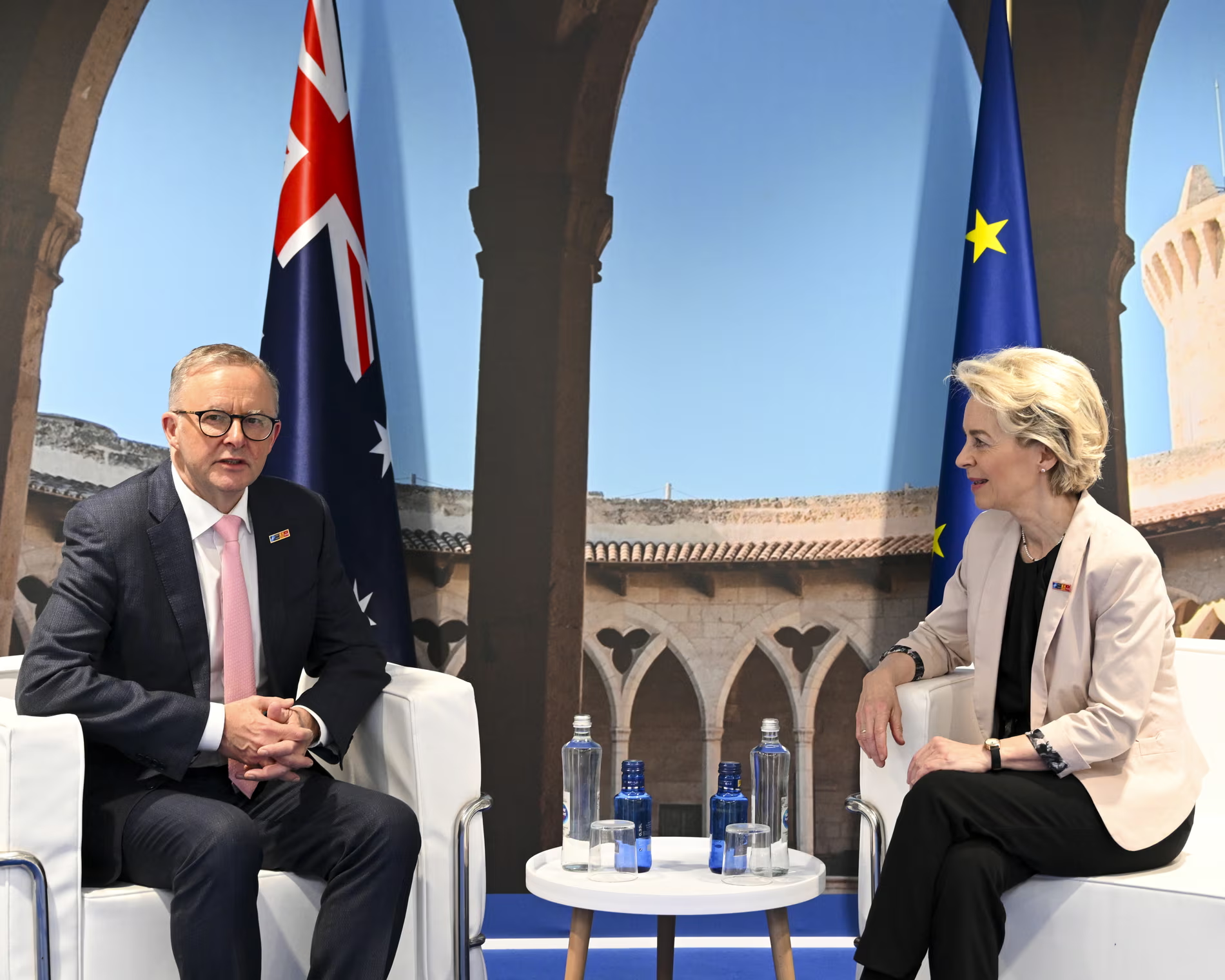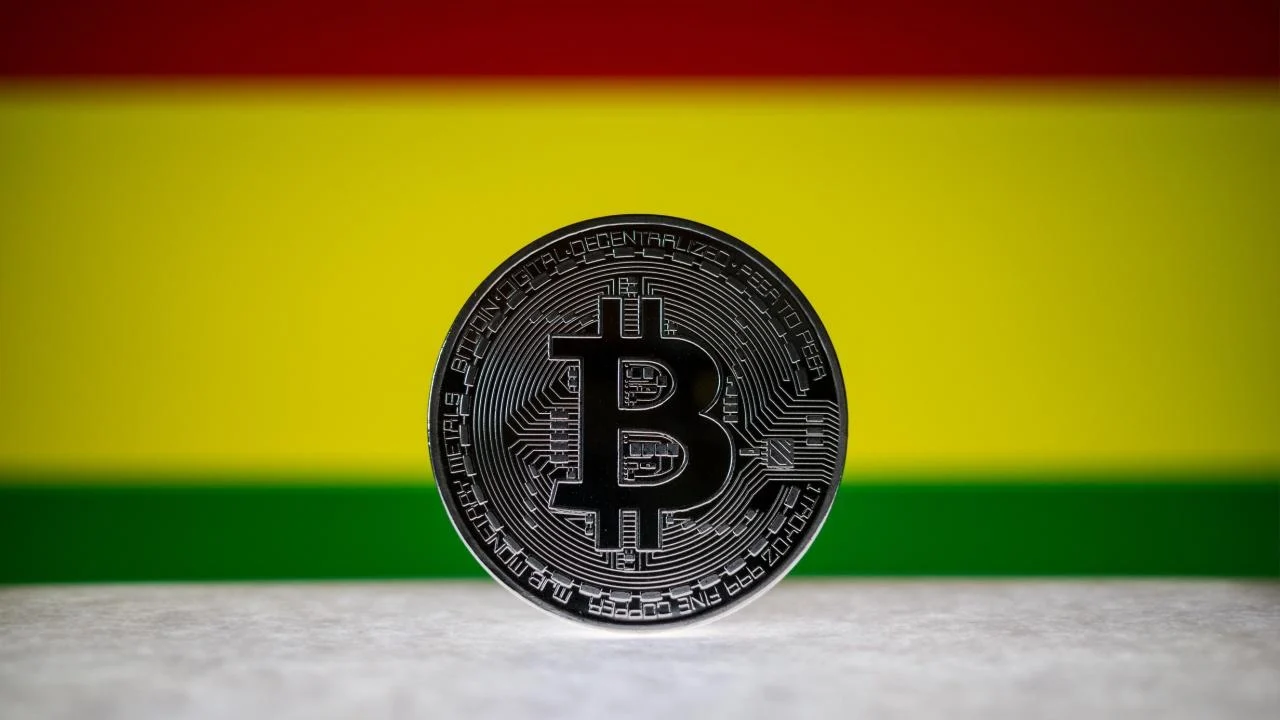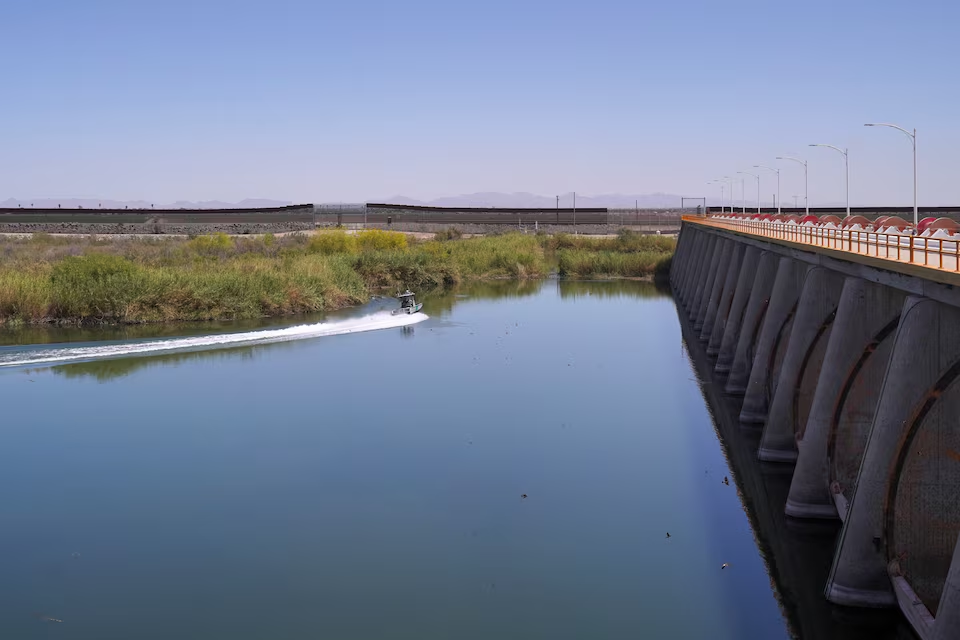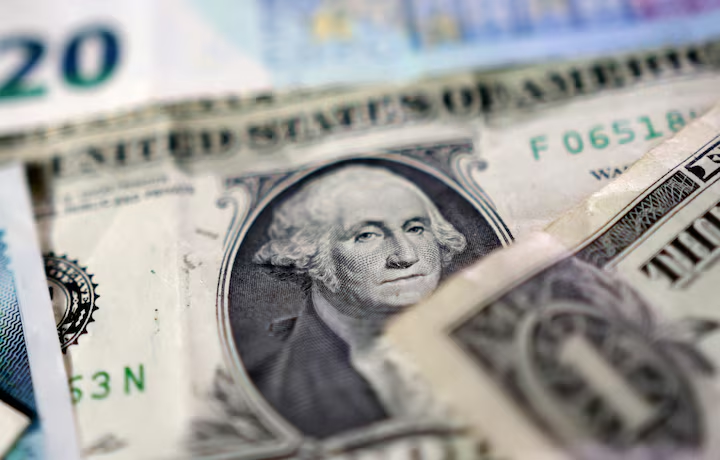Australian Prime Minister Anthony Albanese attended the inaugural mass of Pope Leo XIV in St. Peter’s Square in Rome on Sunday, May 18, 2025, joining a host of global leaders for the historic event. His visit also included a bilateral meeting with Ukrainian President Volodymyr Zelenskyy, where the two leaders reaffirmed support for Ukraine’s sovereignty and discussed Australia’s continued aid and defense cooperation.
Albanese’s appearance at the papal inauguration marked a significant moment in Australia’s engagement with the Vatican. The mass, attended by over 250,000 people, including leaders from the United States, Israel, and dozens of other nations, was Pope Leo XIV’s first public event since formally assuming the papacy.
The Prime Minister said it was an honour to represent Australia, noting Pope Leo XIV’s call for peace and compassion was “timely and necessary in a world fraught with conflict and uncertainty.” Albanese later tweeted:
“Pope Leo’s message of unity and reconciliation resonates with people of all faiths. His leadership comes at a pivotal moment for global cooperation.”
Following the mass, Albanese met with Volodymyr Zelenskyy on the sidelines of the event. The two leaders discussed the ongoing war in Ukraine, humanitarian aid, and Australia’s role in providing military equipment and financial assistance. According to Australian officials, Albanese reiterated Canberra’s support for Ukraine’s territorial integrity and sovereignty, calling on Russia to halt its aggression and re-engage in peace talks in good faith.
Zelenskyy expressed gratitude for Australia’s consistent support, which has included armoured vehicles, drones, and diplomatic backing in international forums. The Ukrainian leader is continuing a broader diplomatic effort to shore up global backing amid ongoing Russian escalations, including missile attacks in Kyiv and Kharkiv.
Albanese’s Rome visit also included informal talks with European Commission President Ursula von der Leyen, where discussions touched on the stalled EU-Australia free trade agreement. Trade negotiations have been hampered by disagreements over agricultural access and environmental clauses, though both sides have expressed optimism that a resolution may be near.
“Australia is committed to an ambitious and fair agreement with our European partners,” Albanese said. “We believe there is a strong case for deepening cooperation on clean energy, innovation, and market access.”
The Prime Minister’s visit was part of a wider European diplomatic push that included meetings with other EU officials and foreign dignitaries. Australian officials are keen to reinvigorate trade dialogue following delays in previous rounds of negotiation and political uncertainty in Brussels.
Meanwhile, back in Australia, the trip has drawn mixed reactions. Supporters applauded the Prime Minister’s active diplomacy on the global stage, while critics questioned the tangible outcomes of such visits, especially in light of domestic challenges including cost-of-living pressures and renewable energy policy debates.
Albanese’s office stated that the Prime Minister will return to Australia by midweek, after concluding official engagements in Italy. Upon return, he is expected to resume focus on domestic initiatives, including renewable infrastructure investment and budget implementation.
The meeting with Pope Leo XIV also positions Australia within broader interfaith diplomacy. The Pope’s message focused on the Church as a “field hospital” for global crises and emphasized healing the divides caused by war, poverty, and climate change. Observers noted that Albanese’s presence at the event highlighted Australia’s commitment to multilateralism and moral leadership.
As conflict continues in Ukraine and tensions flare across the Middle East, the Rome gathering underscored a shared global yearning for peace—and Australia’s intent to play a meaningful role on the world stage.
Source; The Guardian



